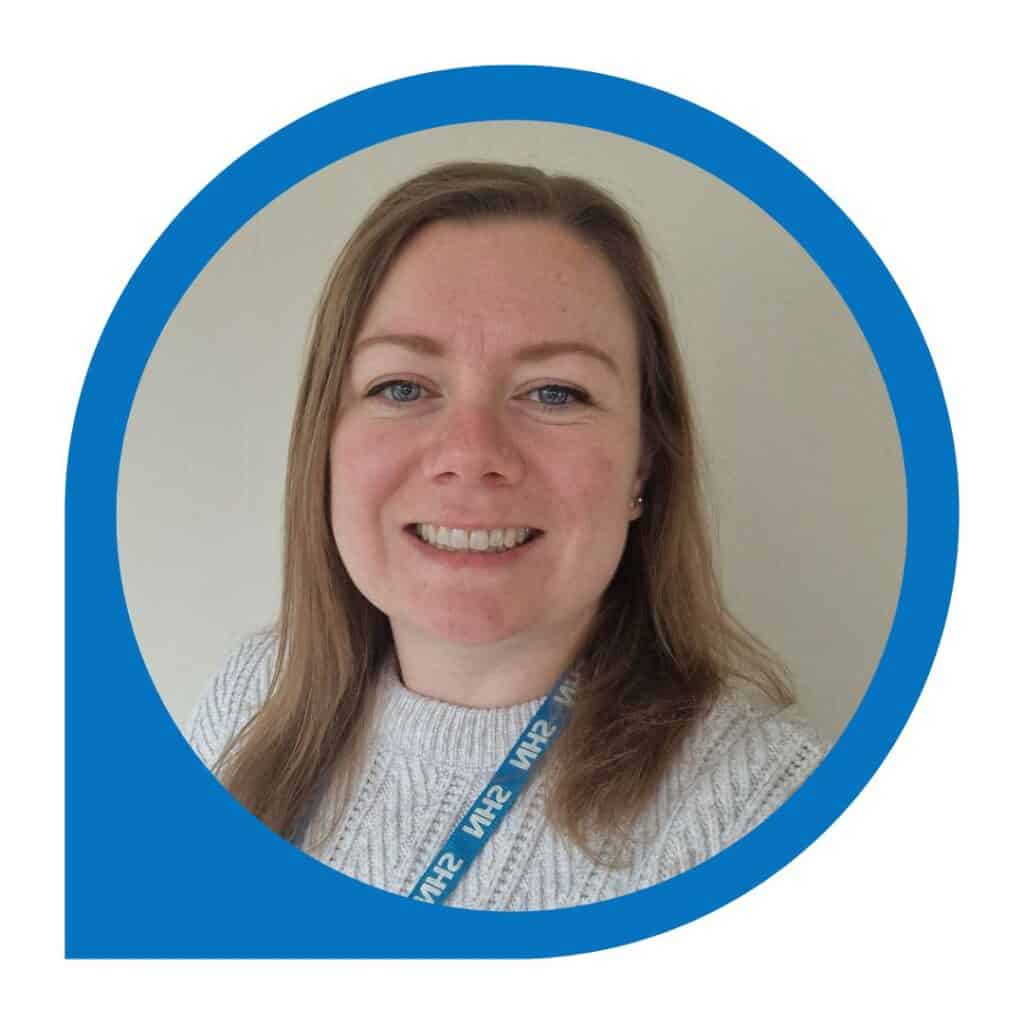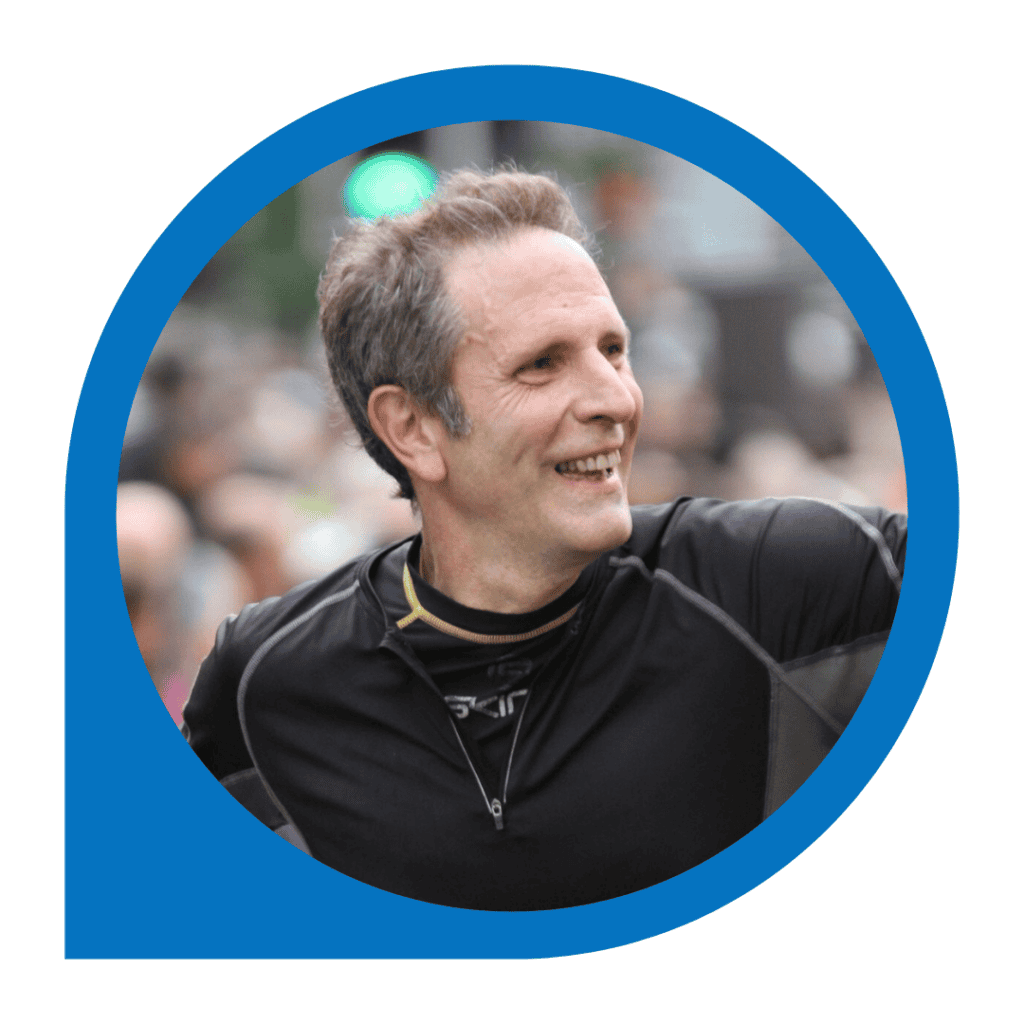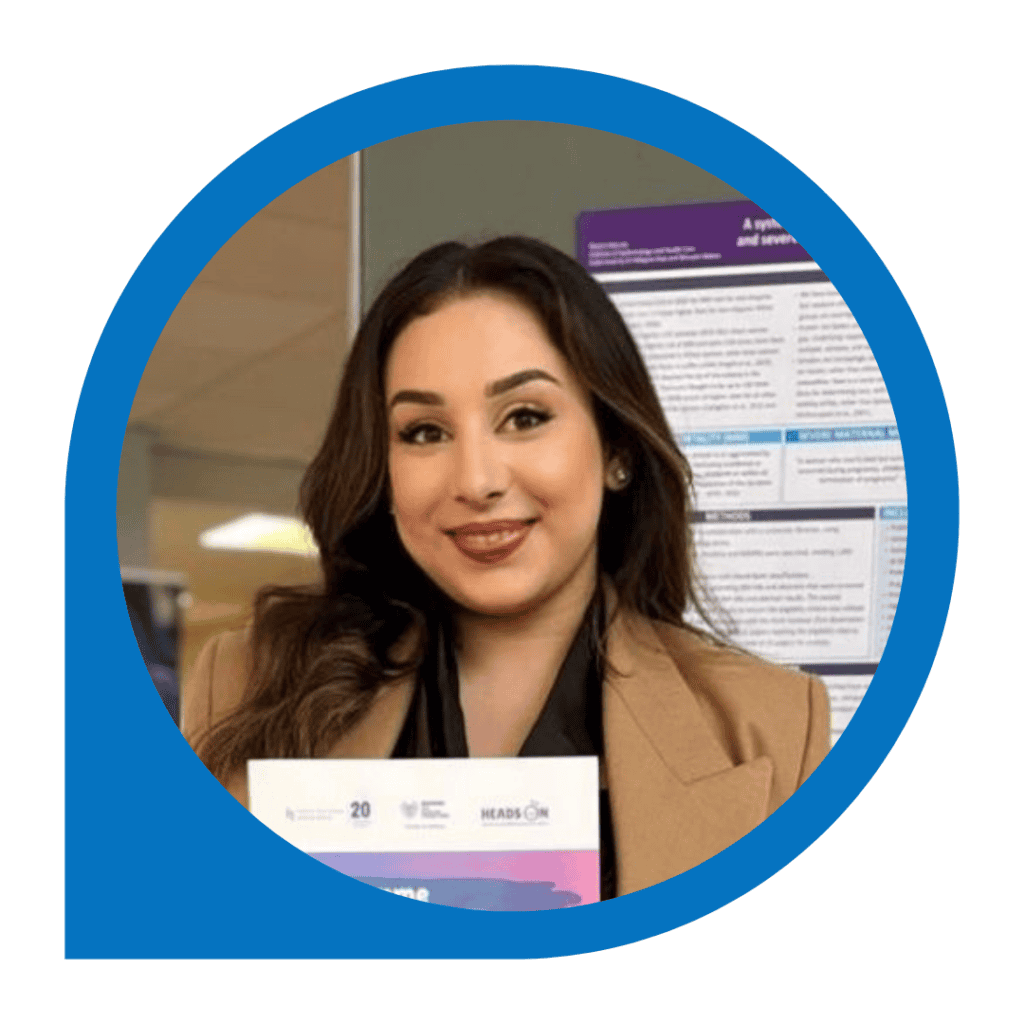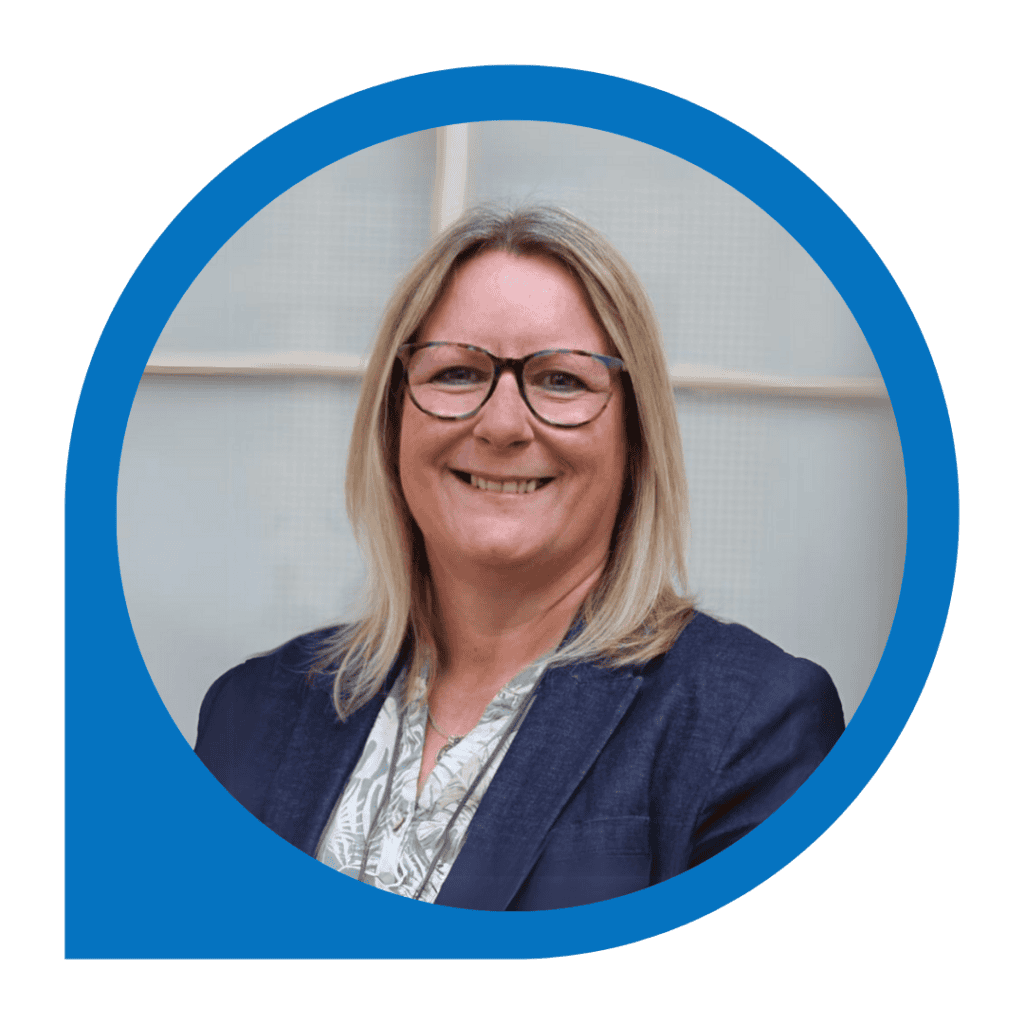In this edition of Five Minutes With, we spoke to Dr Fabida Aria, Medical Director and Consultant Psychiatrist at Team BSMHFT. In this interview, we get to learn a bit more about Fabida’s impressive career in mental health and we also lift the lid on her life outside of the NHS, as a proud daughter and parent. Fabida’s passion for helping others has always been a core part of her life, shaping her into the person she is today. Read about all this and more below.
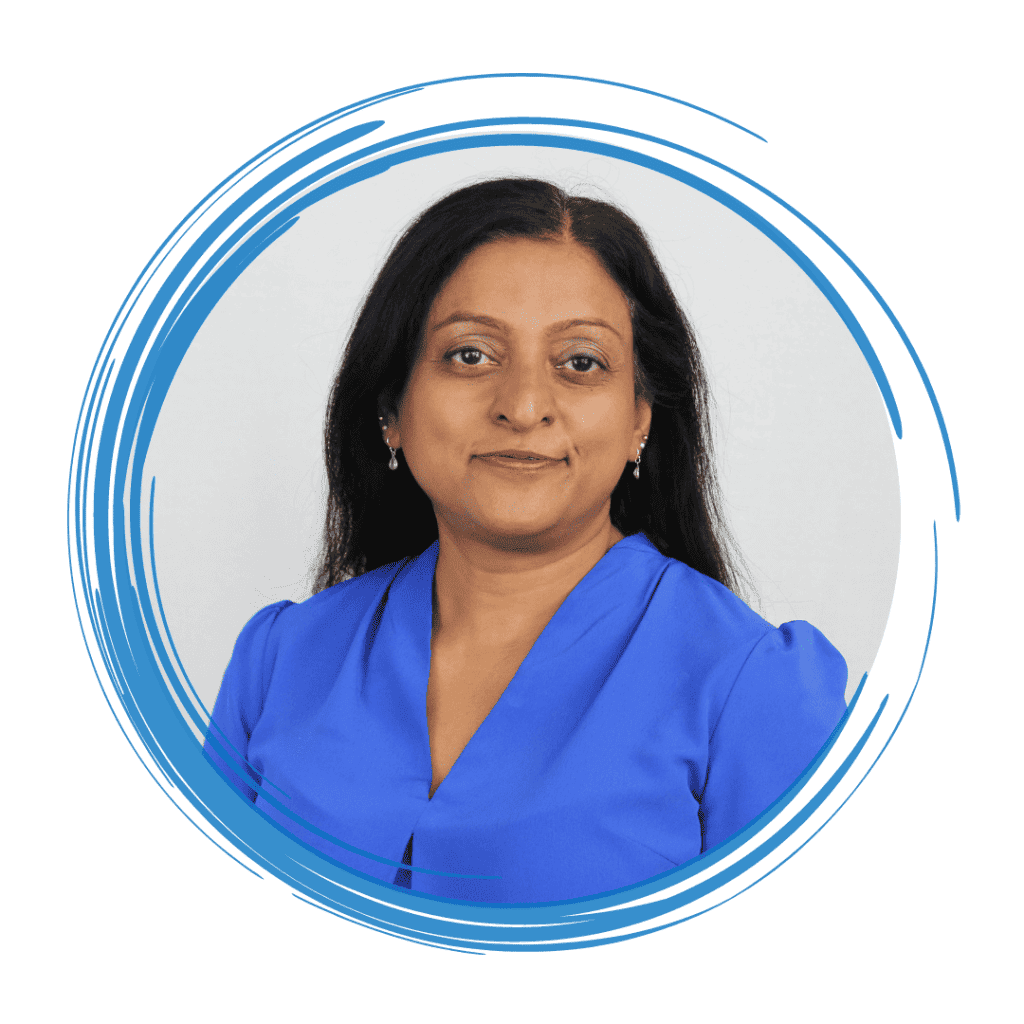
Hi Fabida, please could you tell us a little bit about yourself and your role at BSMHFT?
I have lived in a few countries before coming to UK and I thrive in living and working in a multicultural environment. I was born in Kerala, India, grew up in Oman and then did further studies in Bangalore, India. After working a few years in India, I came to the UK. I believe there is so much to share and learn from all cultures. From my very first post, to today, I feel so lucky to have trained and work in the NHS. I have been a consultant psychiatrist since 2011 and a medical leader since 2013.
I have worked in both East and West Midlands and took my current role as Medical Director at BSMHFT in August 2022. I have additional roles at the Royal College of Psychiatrists, as Chair of the Transcultural Psychiatry Special Interest Group and Specialist Advisor for the Medical Trainee Initiative Scheme. In 2022, I also became an executive member of a charity called the British Indian Psychiatry Association (BIPA). Over the years I have volunteered in different ways – from supporting charities to helping the press operations team at the London 2012 Olympics. I feel all my experiences have helped shape the person I am today.
I am passionate about addressing inequalities, and though we have come a long way, we still have a long way to go.
Did you always know you wanted to work in the mental health field?
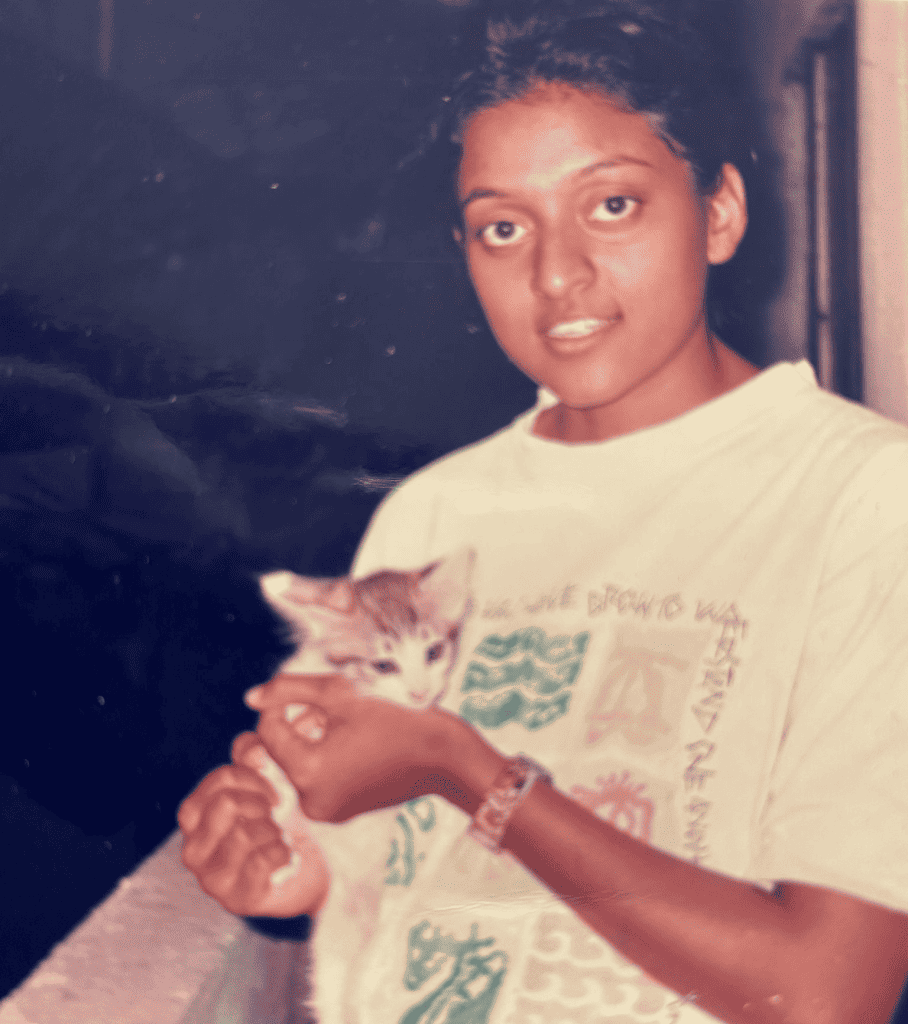
No, I was one of those people who ‘went with the flow’. I loved both science and the arts, eventually took more science subjects and then went to medical school. I liked both psychiatry and paediatrics however after doing a clinical attachment in psychiatry, I knew I found my career home and have never looked back. I love my job and I look forward to it every day. I find it fascinating to listen to the stories people say, to connect thoughts and feelings and to develop relationships to help in whatever way I can. I am passionate about addressing inequalities, and though we have come a long way, we still have a long way to go.
Looking back, I can see how many early experiences may have drawn to me to the mental health field, from my first experience around age eight when a friends’ mother took her and me to a volunteering group for people with learning disabilities. The fact that people much older than me had lesser understanding and functioning due to their condition had a profound effect on me. In medical school in Bangalore, India, I volunteered my time to support and talk to elderly people who were lonely, and I saw the difference I could make in my small way. I was also so inspired by their life experiences which were intriguing, and I have always had a natural curiosity about people. I still recall talking to an elderly man who had lost his sight and who had worked as a scientist for The United Nations, and an elderly lady who had rheumatoid arthritis and despite her pain would help care for her husband who also had health problems.
In healthcare, we must continuously learn and improve, and having a human connection to people is what I enjoy best…
What is your favourite thing about your role?
For me, every day at work is unique with a range of experiences. No two patients or families are the same and supporting each individual in a way that helps them and including them has helped me learn so much. I learn so much from the patients and families and members of the wider multidisciplinary team. As a Medical Director, I advocate for the patients and clinicians at a more strategic and population level. Working in many teams across systems and working in partnerships is key to patient care and I believe in learning and growing together. In healthcare, we must continuously learn and improve, and having a human connection to people is what I enjoy best, as this is what enables trust. I am inspired time and again on how much people do for others. I am also aware that any job that involves caring for others can be overwhelming at times and it is important to look after oneself.
What would you say to someone who is struggling with their mental health and how do you look after your own?
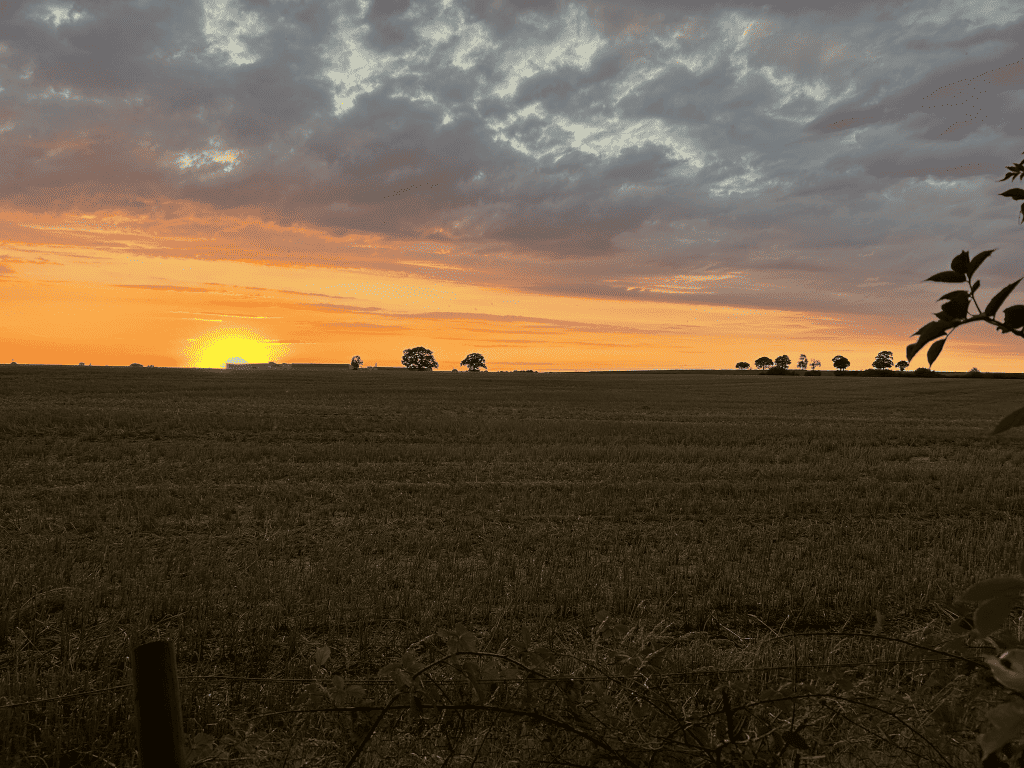
Firstly, accepting that we are all human and we can all have mental health problems at any point in our lives. Asking for help early and sharing how we feel with friends and family can help us get better soon and seek the right help. For those of us who struggle to talk about it, there are other ways to seek help, even by text messages. Being isolated can also affect our mental health and having regular social contact helps many of us. Similarly simple things like self-care, eating healthy and regularly, having a routine, exercise, meditation, having hobbies all help. It’s important to share what affects you and what you think may or may not help. It is also important to share if you do not agree with advice from a professional, all care plans should be done in partnership with you and your loved ones in a sensitive and tailored way.
I know looking after myself is key for me to perform well in my job. I love nature and going for long walks, meditating, meeting friends, visiting the theatre, reading, travelling are some of the ways I help myself. More recently my children and I have been to Bollywood dance sessions. I find volunteering and helping others also helps me a lot.
Has there ever been a stand-out moment in your career that has made you pause and reflect?
There are so many moments, and with so many emotions. I remember elderly parents in their 80’s and 90’s looking after their children in their 40’s and 50’s with mental health problems. One father especially who had cancer himself was taking his son who was in his 40’s for all appointments. Another patient I looked after sadly passed away however had written a note to the team to say thanks for all we had done to help her. A family who looked after their loved one who had cancer round the clock in a hospice. The colleagues who have been the only family for some patients and who they turn to for help. I recall many patients who got better and went on to work, and also became peer support workers to help others. I have seen the most amazing art and poetry from many patients and also heard music, rap and recitations. I could go on and on.
Who is your biggest inspiration in life and why?
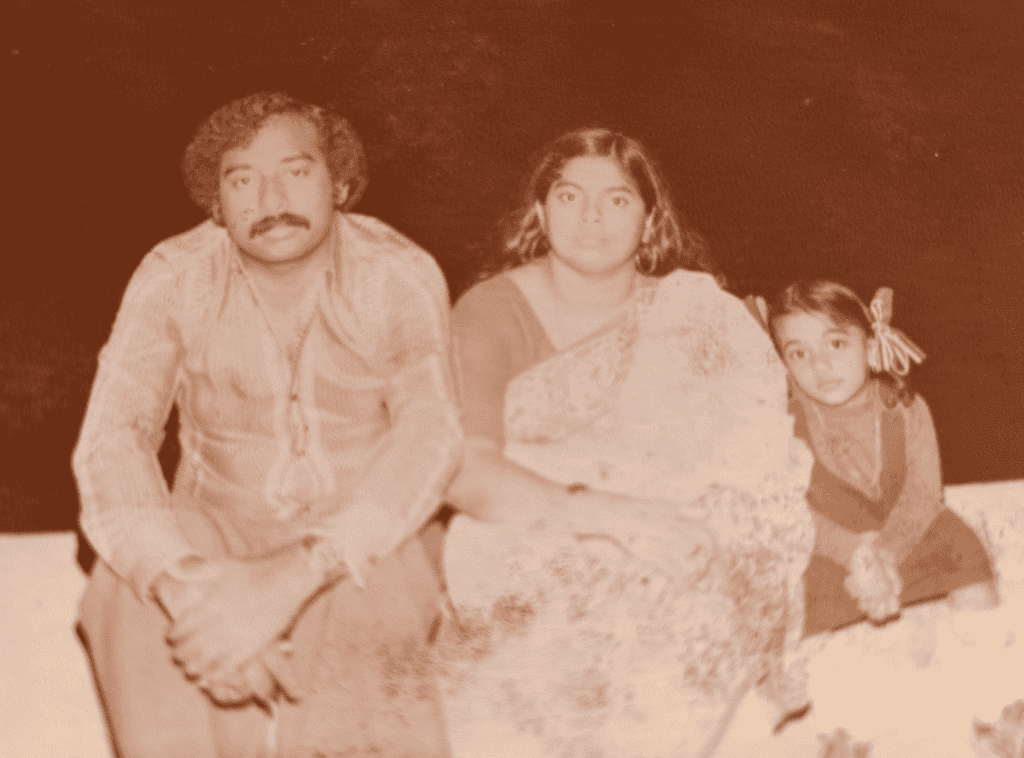
My parents, they had a tough life due to various challenges, their life journey has been something most of us cannot imagine. Coming from a remote village my father, after my grandfather’s death had to work and help look after his family. The only way was to leave, and the story of his journey is truly incredible. With his hard work and determination, he became highly successful, and travelled the globe. My mother was from a culture where women were married very young and she, as a result had to abruptly stop her studies. Both my parents had the vision to ensure my siblings and I had what I feel is a most important part of life, our education. They also instilled in me the fact that anything is possible if we believe and work to achieve it. There are so many other people of all ages who have inspired me over the years, and I am grateful to them and share their stories with many people I mentor.
If you could say one thing to your younger self, what would it be?
Live every moment, all we really have is the present. Be more kind to yourself.
Describe yourself in three words
My friends would describe me to be caring, calm and the eternal optimist.
Tell us one thing about yourself that people might not know
I used to have a pet squirrel named Che, was such a great pet.
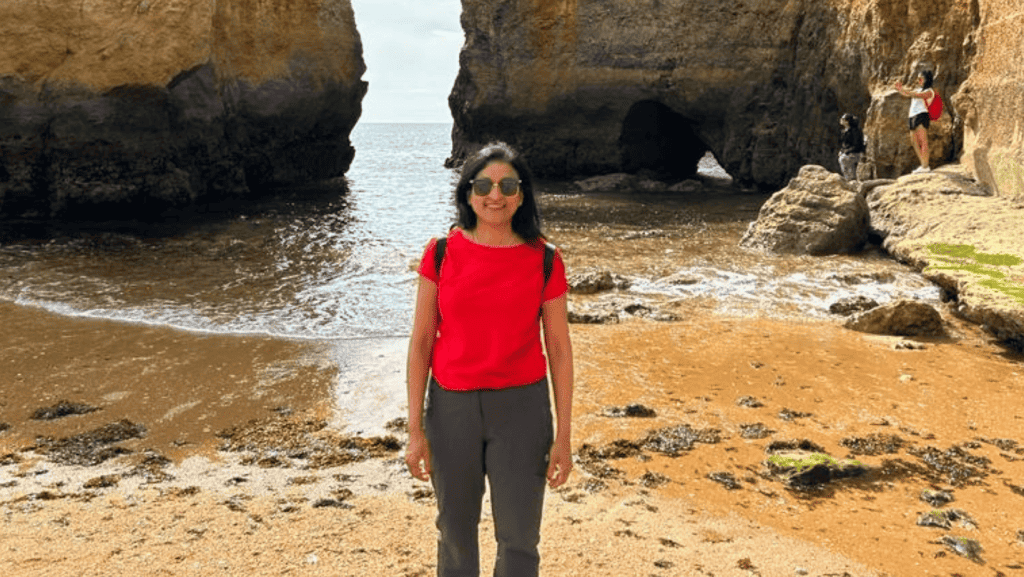
Published: 31 August 2023





